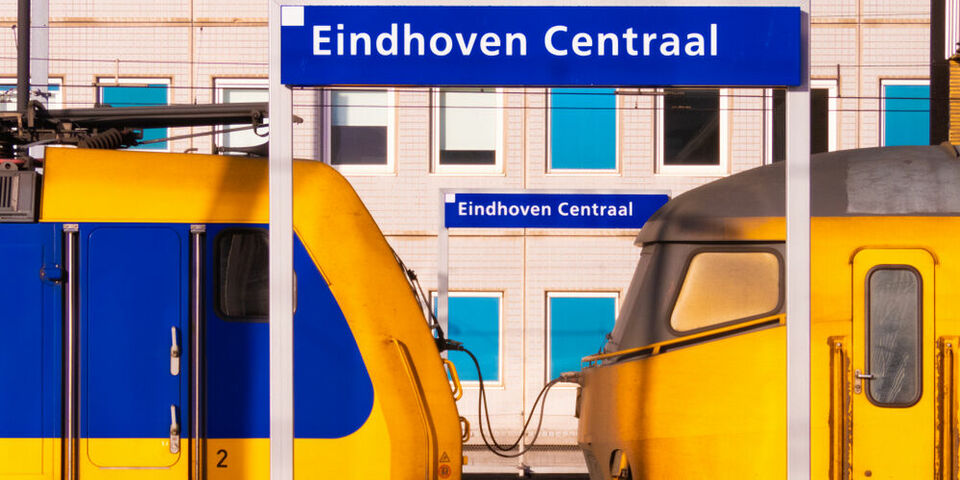For years, students have paid a high price for neglecting to deactivate their student travel pass on time: one in three students found themselves facing a half-monthly fine of €97. Fines totalling €53 million were issued in 2014, after which the amount fell steadily to €33 million in 2018 before the sharp drop to €12 million last year.
A reconstruction by HOP revealed that public transport companies had taken a very active approach to ensuring that these fines were maintained and even increased. However, such measures were not popular among politicians, who eventually demanded that something had to change.
Fines lowered
One of their demands was that students should only be fined if they actually used their travel pass after the expiry date. Another demand was that the fine should be reduced for the first month (€75 for half a month), so that well-meaning students were not hit too hard. And, MPs asked, why couldn’t the student travel pass be automatically deactivated after the expiry date? The notion that this was technically impossible was something they refused to believe.
They were right: automatic deactivation was possible. In fact, travel passes that had expired for over a year (incurring high fines all the while) ended up on a blacklist which led to the pass being blocked.
Since March of this year - Dutch Railways apparently needed an “extensive trial period” - a blacklist cut-off point has been in place for all student travel products, a report on public transport fines states. But this only comes into effect after a month, by which time students will already have been fined €150.
Blacklist
The effect of the blacklist - which only applies to Dutch Railways and not to other transport operators - will become apparent next year. The total amount in fines is expected to be much lower in any case due to the impact of the corona outbreak on student travel.
The Education Minister wants to improve a number of elements in the process, such as the information given to students, but she believes that for now no further action is required. The initial effect of the new blacklist measures appears to be encouraging.
Public transport companies are also working on new payment methods which would allow student travel products to be cancelled automatically in the future, thereby delivering on a pledge made over ten years ago, when the transport sector first launched its plans for the current chip card system.


Discussion